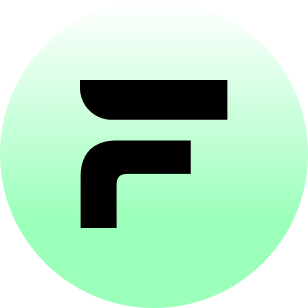How It Works
Outbound carrier sales calls follow a structured lifecycle:- Carrier Targeting: Based on carrier information (DOT number, contact details) and load requirements, the system identifies potential carriers.
- Immediate Execution: Calls are initiated immediately upon request, and duplicate prevention ensures carriers aren’t contacted multiple times for similar loads.
- AI-Powered Outreach: An AI agent calls the carrier to present the load opportunity and gather interest.
- Bid Collection: The system collects carrier bids, availability, and interest levels.
- Smart Escalation: Calls are automatically transferred to your sales team when carriers show interest or require human assistance.
- Data Capture: All interaction data, bids, and outcomes are stored for follow-up and analysis.
Data Collected
Outbound carrier sales calls capture comprehensive information:- Carrier Interest Level - Whether the carrier is interested in the load
- Bid Information - Carrier’s rate quote for the shipment
- Availability - Carrier’s capacity and timing availability
- Not Interested Reason - Specific reasons for declining (if applicable)
- Call Outcome - Overall result classification (interested, not interested, no answer, etc.)
- Summary - Brief overview of the conversation
Example Conversation
Triggering Outbound Carrier Sales Calls
Outbound carrier sales calls can be initiated using the API endpoint. The system will automatically schedule the call during business hours.API-Based Triggers
You can trigger an outbound carrier sales call using the API endpoint. The request body must include:Best Practices
Carrier Data Quality
- Ensure DOT numbers are accurate and up-to-date
- Verify contact phone numbers are current
- Use specific contact names when available
Load Information
- Provide complete load details in your system
- Include pickup/delivery windows, weight, and special requirements
- Ensure load status is current and accurate
Timing Considerations
- Calls are automatically scheduled during business hours
- System prevents duplicate outreach within 2 days
- Consider carrier time zones for optimal contact rates
Follow-Up Process
- Review call outcomes and structured data
- Follow up on interested carriers promptly
- Use escalation data to improve future outreach
Integration Notes
- All calls are logged and associated with your organization
- Structured data is available via webhooks and API
- Call recordings and transcripts are stored for compliance
- Duplicate prevention works across all load types and timeframes
- System integrates with your existing load management workflow
